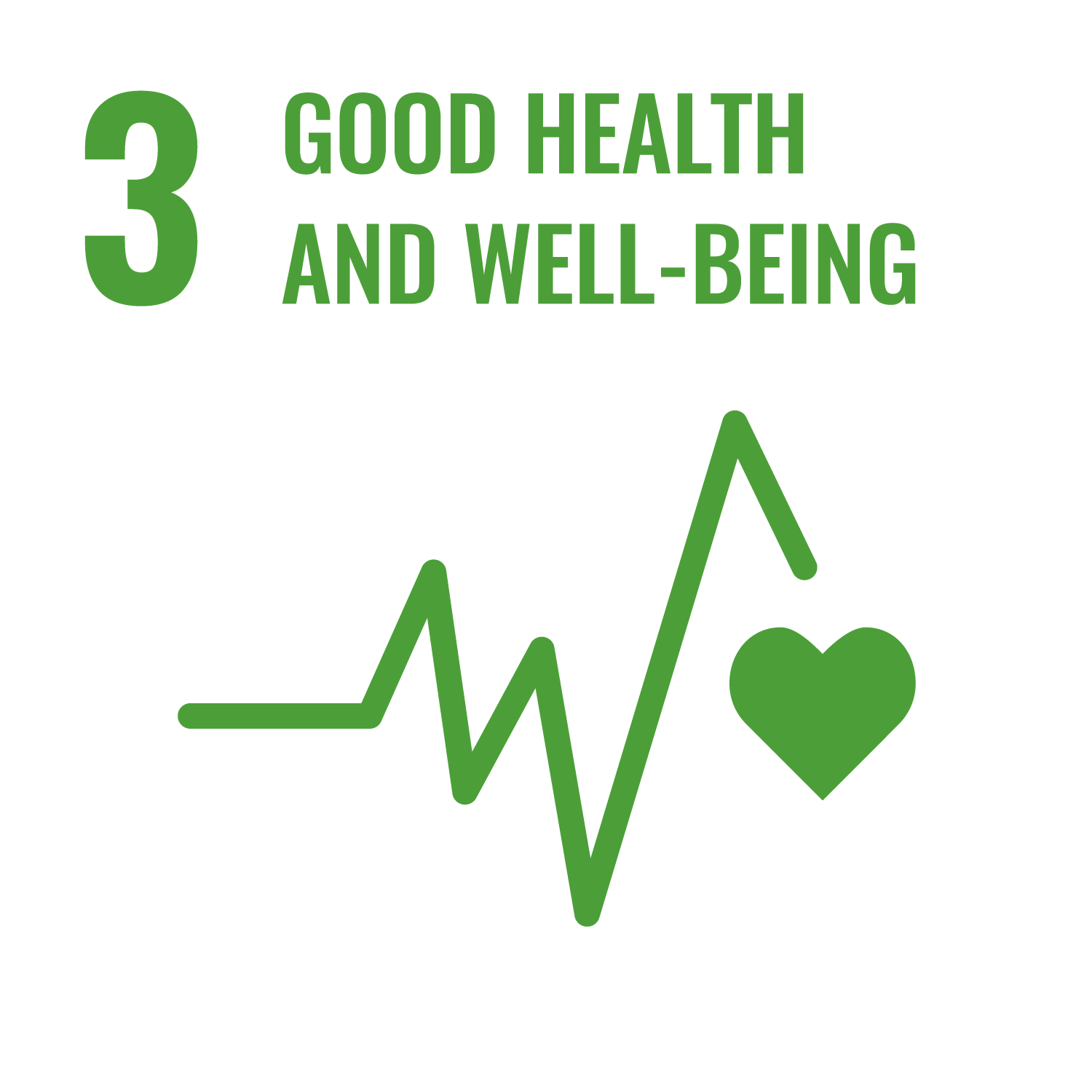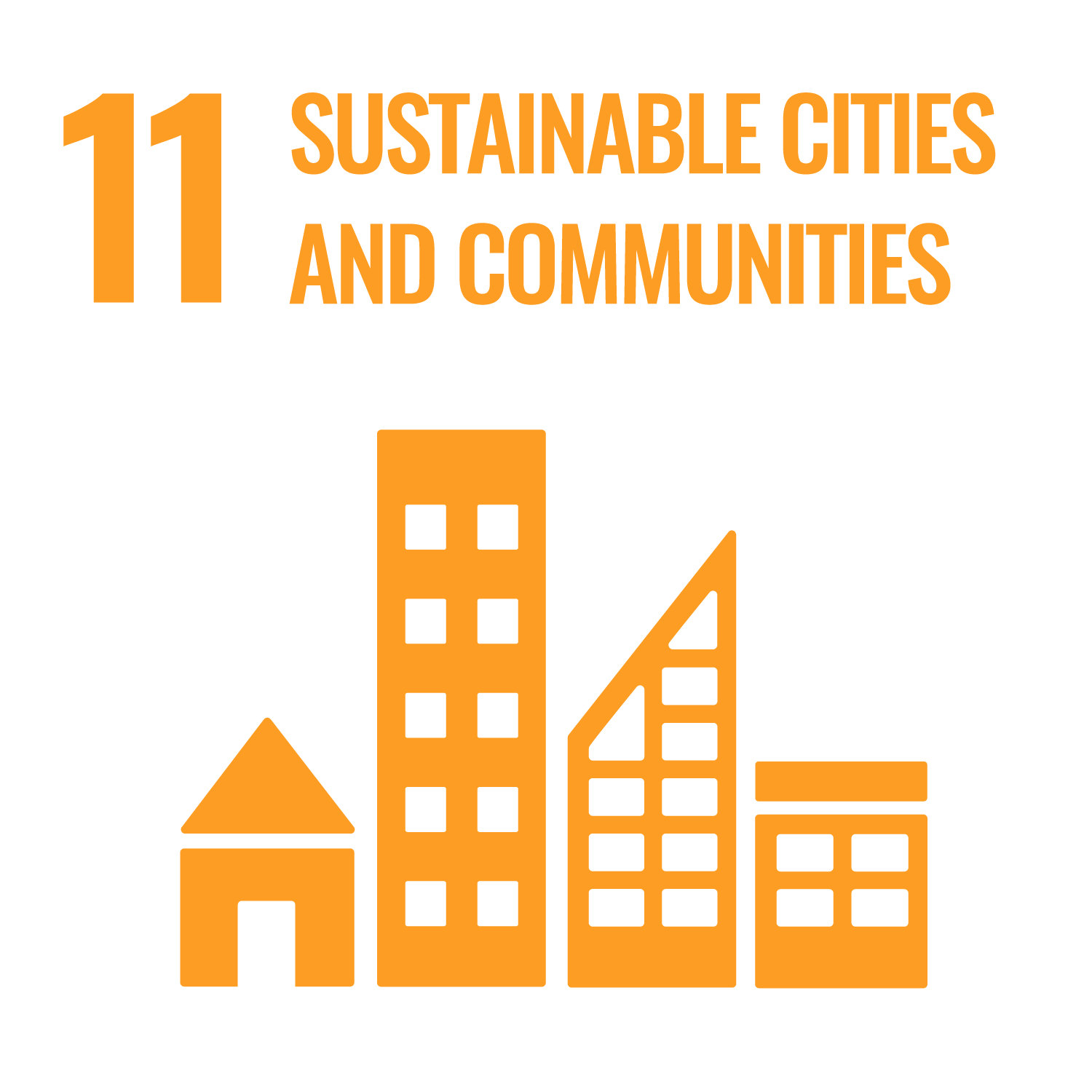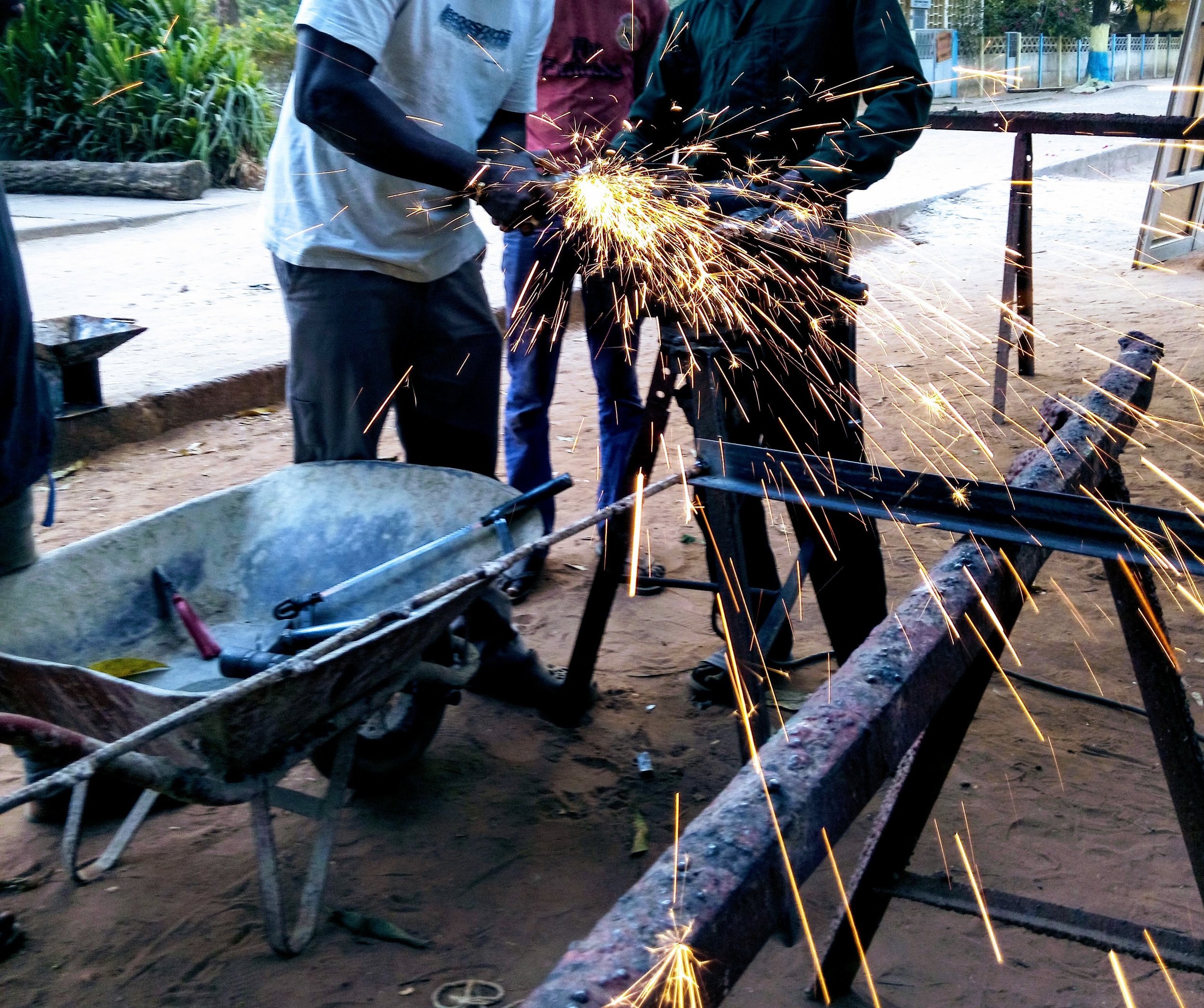
SDGs
Sustainable Development Goals
The Sustainable Development Goals are a universal call to action to end poverty, protect the planet and improve the lives and prospects of everyone, everywhere. The 17 Goals were adopted by all UN Member States in 2015, as part of the 2030 Agenda for Sustainable Development which set out a 15-year plan to achieve the Goals.
In September 2019, the UN Secretary-General called on all sectors of society to mobilize for a decade of action on three levels: global action to secure greater leadership, more resources and smarter solutions for the Sustainable Development Goals; local action embedding the needed transitions in the policies, budgets, institutions and regulatory frameworks of governments, cities and local authorities; and people action, including by youth, civil society, the media, the private sector, unions, academia and other stakeholders, to generate an unstoppable movement pushing for the required transformations.
The COVID-19 pandemic and its impact on all seventeen SDGs has shown that what began as a health crisis has quickly become a human and socio-economic crisis.
While the crisis is imperiling progress towards the SDGs, it also makes their achievement all the more urgent and necessary. It is essential that recent gains are protected as much as possible.
A transformative recovery from COVID- 19 should be pursued, one that addresses the crisis, reduces risks from future potential crises and relaunched the implementation efforts to deliver the 2030 Agenda and SDGs during the Decade of Action.
SDG 6 — to ensure access to safe water sources and sanitation for all
Access to water, sanitation and hygiene is a human right. The demand for water has outpaced population growth, and half the world’s population is already experiencing severe water scarcity at least one month a year. Water is essential not only to health, but also to poverty reduction, food security, peace and human rights, ecosystems and education. Nevertheless, countries face growing challenges linked to water scarcity, water pollution, degraded water-related ecosystems and cooperation over transboundary water basins.
Because water is essential and central to all of our lives, it is almost impossible to capture all of the issues within just one group of targets. As a result, water also features in several other SDGS.
SDG 1 — to end proverty in all its forms everywhere by 2030
Target 1.4 — By 2030, ensure that all men and women, in particular the poor and the vulnerable, have equal rights to economic resources, as well as access to basic services, ownership and control over land and other forms of property, inheritance, natural resources, appropriate new technology and financial services, including microfinance.
SDG 3 — to ensure healthy lives and promote wellbeing for all at all ages
Target 3.3 — By 2030, end the epidemics of AIDS, tuberculosis, malaria and neglected tropical diseases and combat hepatitis, water-borne diseases and other communicable diseases.
SDG 11 — to make cities inclusive, safe, resilient and sustainable
Target 11.5 — By 2030, significantly reduce the number of deaths and the number of people affected and substantially decrease the direct economic losses relative to global gross domestic product caused by disasters, including water-related disasters, with a focus on protecting the poor and people in vulnerable situations.
SDG 12 — to ensure sustainable consumpton and production patterns
Target 12.2 — By 2030, achieve the sustainable management and efficient use of natural resources.
Target 12.4 — By 2020, achieve the environmentally sound management of chemicals and all wastes throughout their life cycle, in accordance with agreed international frameworks, and significantly reduce their release to air, water and soil in order to minimize their adverse impacts on human health and the environment.
SDG 15 — to sustainably manage forests, combat desertification, halt and reverse land degradation, and halt biodiversity loss
Target 15.1 — By 2020, ensure the conservation, restoration and sustainable use of terrestrial and inland freshwater ecosystems and their services, in particular forests, wetlands, mountains and drylands, in line with obligations under international agreements.
Target 15.8 — By 2020, introduce measures to prevent the introduction and significantly reduce the impact of invasive alien species on land and water ecosystems and control or eradicate the priority species.
Donate to our projects
None of the work that we do would be possible without people just like you. When you partner with Fountain of Life you can have a direct impact and transform people’s lives.
Since our goal is empowering locals, we do not bring mission or work teams to do the drilling. Instead we focus on providing the training, logistical support, materials and encouragement to allow locals to be agents of change themselves. However, this does not mean that we don’t need you!
Donate to our work
“Thank you for your help. Thanks to you, the cases of stomach sicknesses and Diarrhea have greatly reduced. The face of the Mpack school has changed and some students have already installed Tippy Taps at their homes.”
— Antoine Diatta, Teacher








